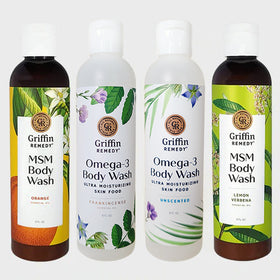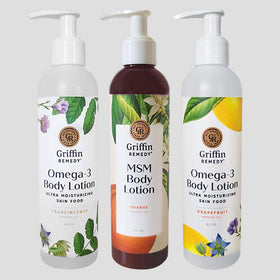
Why COVID-19 Can’t Beat a Good Hand Washing
Researchers are still working to understand how deadly COVID-19 is and how it spreads. But they know one thing for sure: Washing your hands is the key to minimizing the novel coronavirus’ powers of destruction.
Hand washing really, really works—and not just during outbreaks of new respiratory viruses. It also helps prevent the spread of a wide variety of disease-causing microbes, known as pathogens, from food-borne diseases like E.coli to flesh-eating bugs. And it works to contain the spread of illness whether you’re the one who is sick or you’re trying to avoid catching something in the first place. (It even works better than hand sanitizer, so lay off the Purell unless you’re on the go).
“Hand washing with soap for 20 seconds is one of the single most important practices to protect yourself, your family, and your community,” says Matthew Freeman, a professor of epidemiology and global health at Emory University.
On a purely physical level, hand washing works by actually removing the microbes from your hand thanks to some basic chemistry. Soap is what’s known as a surfactant, which means it breaks down the oils and dirt on your skin; water rinses the broken-down oils and dirt away, carrying microbes along for the ride. “By rubbing your hands together you create the friction to get the oils off,” Freeman says.
Washing your hands with just water can help a bit if the alternative is not washing your hands at all, but it’s way less effective than scrubbing with suds.
But why does this simple practice work so well to prevent the spread of contagious disease? After all, washing your hands regularly (and properly—see here for instructions) might seem like it’s just a first step. Everything around your hands is still covered in potentially pathogenic microbes.
Again, the answer is pretty basic: your hands touch the world, and they also touch you (and your face. Stop touching your face.) If you are sick, washing your hands regularly makes it less likely that you’ll spread pathogens from your hands to the things you touch, where they can be picked up by others. If you’re not sick, you can pick up microbes on your digits and carry them to your mucus membranes, like your eyes, nose, and mouth. (Stop. Touching. Your. Face.)
People have known about the effectiveness of hand washing for hundreds of years, says Freeman—even if they didn’t know why it worked. For instance, many of the world’s religions promote hand washing as a ritual practice. In the 19th century, as Western physicians stumbled toward an understanding of the germ theory of disease, hand washing slowly became an important thing to do in medical settings (though it was initially shockingly controversial). But it took much longer to get hand washing to the general public, says Freeman. It’s only in the last 40 years or so that public health authorities have started working hard to convince people to wash their hands after leaving the house, before eating, and even—eek—after using the bathroom.
Wash your hands, with soap, for about 20 seconds: it’s a simple recipe for good health.
But “possibly because it’s something that people know they should do, it’s very hard to get a sense of how many people actually do it,” he says. Research has shown that, globally, only around 19 percent of people wash their hands after using the bathroom. But there’s not a lot of data out there about how often people wash their hands at other times, and some studies indicate that even supposed-hand-washers don’t regularly subject themselves to the proper 20 to 30 seconds of sudsing.
Right now, you’re probably seeing a lot more hand washing (and a lot more thorough hand washing) than you’re used to. That’s because all of the messaging in the news and elsewhere about COVID-19 reminds people to wash their hands. But you should really be doing it all the time.
“Changing practices and habits are really hard,” Freeman says. Consider creating what Freeman calls a “cue to action” that encourages hand washing at key times, such as when you enter your house from the outside world. It could be as simple as placing a note where you hang up your keys. Freeman and his wife (who also studied hand washing practices) placed a sticker on the back of their first child’s highchair to remind them to wash her hands before they all sat down to dinner.
This outbreak is likely to change your hygiene habits for the better, and there’s no reason not to change them permanently. “Wash your hands like you’ve been chopping jalapeños and you need to change your contacts,” one Canadian health official said recently. Wash early, wash often, and wash well. And don’t touch your face. Seriously.




